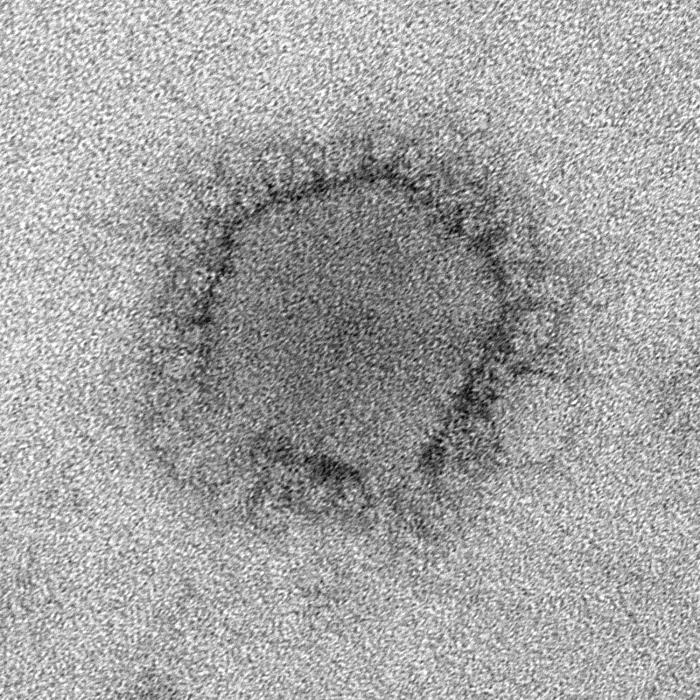US MERS Patients Did Not Spread Virus in Hospitals or Homes

Get the world’s most fascinating discoveries delivered straight to your inbox.
You are now subscribed
Your newsletter sign-up was successful
Want to add more newsletters?

Delivered Daily
Daily Newsletter
Sign up for the latest discoveries, groundbreaking research and fascinating breakthroughs that impact you and the wider world direct to your inbox.

Once a week
Life's Little Mysteries
Feed your curiosity with an exclusive mystery every week, solved with science and delivered direct to your inbox before it's seen anywhere else.

Once a week
How It Works
Sign up to our free science & technology newsletter for your weekly fix of fascinating articles, quick quizzes, amazing images, and more

Delivered daily
Space.com Newsletter
Breaking space news, the latest updates on rocket launches, skywatching events and more!

Once a month
Watch This Space
Sign up to our monthly entertainment newsletter to keep up with all our coverage of the latest sci-fi and space movies, tv shows, games and books.

Once a week
Night Sky This Week
Discover this week's must-see night sky events, moon phases, and stunning astrophotos. Sign up for our skywatching newsletter and explore the universe with us!
Join the club
Get full access to premium articles, exclusive features and a growing list of member rewards.
Two people who traveled to the United States after contracting Middle East respiratory syndrome (MERS) do not appear to have spread the virus to their family members or the health care workers who treated them, according to the Centers for Disease Control and Prevention.
Last month, the CDC reported two cases of MERS in the United States — one in Indiana and one in Florida. Both patients had recently traveled from Saudi Arabia, taking multiple flights, before they were hospitalized for MERS shortly after arriving in the United States.
The CDC tested all family members and health care workers who had close contact with the patients, and found that none of these close contacts had an active MERS infection, and none had been infected with MERS in the past. [8 Things You Should Know About MERS]
These results "are reassuring," said Dr. David Swerdlow, a public health official who is leading the CDC's response to the MERS virus (known as MERS-CoV). "Today, the risk of MERS-CoV infection in the United States remains low, but it is important that we remain vigilant and quickly identify and respond to any additional importations," Swerdlow said.
The CDC also announced in May a third person suspected to have MERS, who wasa business associate of the Indiana patient, but this man turned out not to have been infected, later testing showed.
Public health officials have also contacted nearly everyone who traveled on airplanes or buses with the two patients, and at this time, none appear to be infected with MERS-CoV, the CDC said. However, the agency cautioned that the investigation is ongoing, and the situation might change with additional testing.
MERS is a respiratory condition caused by a virus that's only recently been seen in humans. Symptoms include fever, cough and shortness of breath. Cases of MERS first appeared in Saudi Arabia in September 2012, and the virus has since sickened more than 700 people worldwide, about 250 of whom had died, according to the World Health Organization.
Get the world’s most fascinating discoveries delivered straight to your inbox.
Follow Rachael Rettner @RachaelRettner. Follow Live Science @livescience, Facebook & Google+. Original article on Live Science.

Rachael is a Live Science contributor, and was a former channel editor and senior writer for Live Science between 2010 and 2022. She has a master's degree in journalism from New York University's Science, Health and Environmental Reporting Program. She also holds a B.S. in molecular biology and an M.S. in biology from the University of California, San Diego. Her work has appeared in Scienceline, The Washington Post and Scientific American.
 Live Science Plus
Live Science Plus










